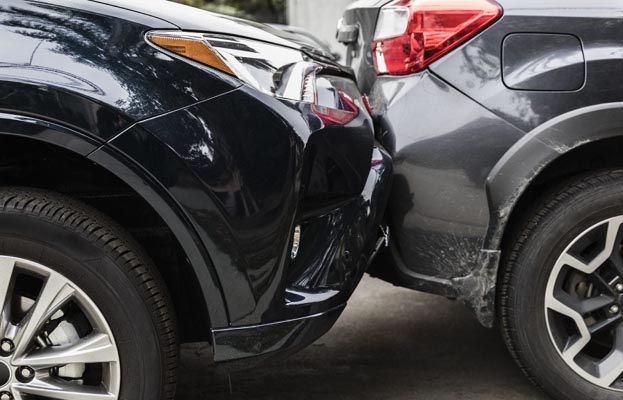
There are thousands upon thousands of vehicles on roads every day of the week, so there will inevitably be accidents and incidents that occur.
Accidents can occur for many, many reasons. Some are deliberate acts of misjudgments, and some are purely a case of being in the wrong place at the wrong time.
There is often one party who is liable for an accident.
However, this can vary if both parties are at fault, or no blame can be apportioned to either side of the fence.
Having an accident can cause many things, such as:
- Damage to vehicles
- Damage to property
- Injury and death to a person
- A repair bill
- A replacement car
- Replacement of personal effects
And while all this is going through your mind at the time of an accident, it’s easy to forget what we actually need to do when one occurs.
Here is an excellent list of things you should do when you are involved in an accident.
Safety First
When it comes to having or being involved in an accident, the very first thing we should consider is the safety of the person first.
Safety can be really important depending on many different situations. Suppose there is any danger of further injury or collision. In that case, you need to ensure that damage limitation is applied with caution.
If you are injured, you need to call both the police and ambulance for assistance, as it may be the case that the scene needs to be made safe before they can proceed to look after you.
This is not always possible in severe accidents, unfortunately, but where possible, this needs to be done.
Inform The Authorities
When an accident or incident happens on a public road in the Uk, and a liability claim needs to be filed for damage or loss, the police should always be called to conduct an initial accident report that may determine liability and assist in any insurance claim.
The police will often assist in taking pictures of the accident site and vehicles and do standardised roadside checks and tests to ensure all drivers are legally driving. This can include breathalyser tests, insurance checks, and driving license checks.
The police will also provide you with a crime or incident reference number to provide to your insurance company, which will corroborate their attendance and reports.
Exchange Insurance Details
Exchanging insurance details with the other party of the accident or incident allows both parties to make the claims (where necessary) to their respective insurance companies for a decision.
Above and beyond the insurance details, you should also, again, where possible, make sure you take accurate information of the other party and provide precise information regarding your own data too, including:
- Full name
- Address
- Contact telephone number
- Registration details of the car- the registration number, make and model of the vehicle, and the color.
- The time of the accident and short information you can recall from the occurrence
- Download footage from your in car camera as this can be used as real-time evidential support
All of this information will be required to make an insurance claim. It is best if everything is as accurate as possible to ensure a swift claim from your insurers, and any discrepancies can cost time and money, as well as more inconvenience to either party.
Inform Your Insurance Company
Once it is very safe to do so, now is the time to report the accident to your insurance company.
Depending on the insurance company policy, you have to report accidents within 24 hours of their occurrence, so make sure you do this at the earliest convenience.
You will be asked to give:
- Your name and security information
- Insurance reference number
- Location of accident
- A brief account of the accident
- Any damage that was sustained
- Any injuries that were sustained
- The other parties information
- Crime/incident number from the police
And anything they deem necessary to compile the claim information on your behalf.
It’s best to be as accurate as possible, as this will speed up the claim process.
Provide any supporting evidence
The insurance company may ask for supporting evidence to support the claim and determine liability, and this may be in the form of third party witness statements where necessary, any photos of the accident and scene, as well as pictures of any injuries sustained and to determine the scale of damage to the vehicles.
Now would be the optimum time to upload your dashcam footage of just before, during, and after the accident, as this may have spotted something you did not notice in the chaos of the accident, and it can also be used in a court of law if the insurance claim details have broken any legal requirements along the way, such as detecting careless driving or driving without due care and attention.
This can be provided in its raw format for analysis by an expert.
Conclusion
Accidents on the road are not only scary and unnerving, but they are also an incredible inconvenience to our busy lives.
While many things can be replaced or fixed, such as our cars, losing a limb, or even a life in an accident is very sad and should always be avoided at any cost.
Insurance companies are there to protect the losses resulting from an accident concerning your vehicle.
Still, first, they need to determine liability, which can take a lot of time and a lot of information to determine unless the fault is admitted at the time of the accident or the circumstances of that accident are clear to see.
Always make sure you provide enough information and give as much detail as possible to ensure your insurance claim goes as smoothly as possible.






